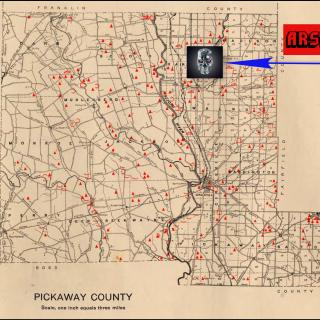Many years ago I dated a man who made lists for virtually everything. He even had the five- and ten-year plans all the business books of the era were touting. I jokingly called him List Man, and thought it was kind of quaint. Now in 2016 he’s well off and I’m not, and I’m beginning to think there was something to all his list making after all!
What we learn from Lists of Note is that people have been making lists for eons. The extremely varied lists show us that human beings have long tried to make sense of and order in the world and their lives. Most psychologists and psychiatrists agree that list making, unless it is compulsive, has a number of positive benefits. Lists can clarify goals, organize time, tame chaos, and provide a road map for where we need to go. The act of making lists represents hope and possibility, and there is great satisfaction checking items off our lists.
As in his previous book, Letters of Note, the lists are not presented in any particular order. Some of the lists are very old, such as the list made by an unknown author in about 1250 BC titled Workmen’s Absences, which details the attendance of employees on a project, and the Olympic Victors which lists the winners in various Olympic sports over a number of years, written in Third Century AD. There is a list of the good and bad effects of opium; the ironic Mafia Decalogue, which tells mobsters how to comport themselves, and Mohandas Gandhi’s list of Seven Social Sins. George Washington made a list of the slaves, animals and the equipment he owned, and in 1923 the Anti-Flirt Club provided women with a list of suggestions on how to avoid and deal with street harassment. On that terrible from Dallas, Texas, to Washington, D.C., Evelyn Lincoln, the long time secretary of the assassinated president John F. Kennedy, penned a list of possible suspects in the murder. (Spoiler alert: Lyndon B. Johnson is at the top of it.) One of my favorite lists is from the great jazz pianist Thelonious Monk, and was penned in 1960 to a friend and former band mate. Among Monk’s pearls of wisdom, “Just because you’re not a drummer doesn’t mean that you don’t have to keep time.”
Lists of Note is witty and charming. Although not as substantial as Letters of Note, it’s a worthy companion just the same.



